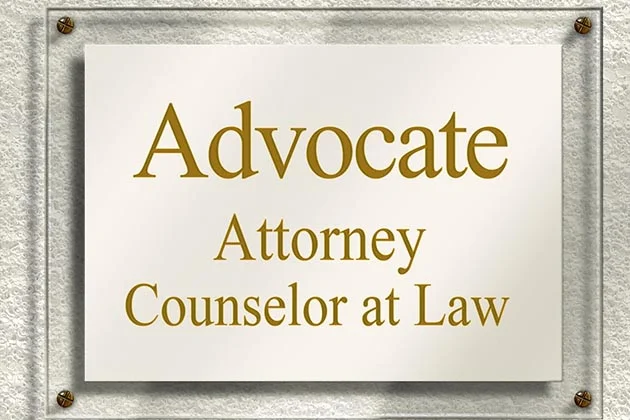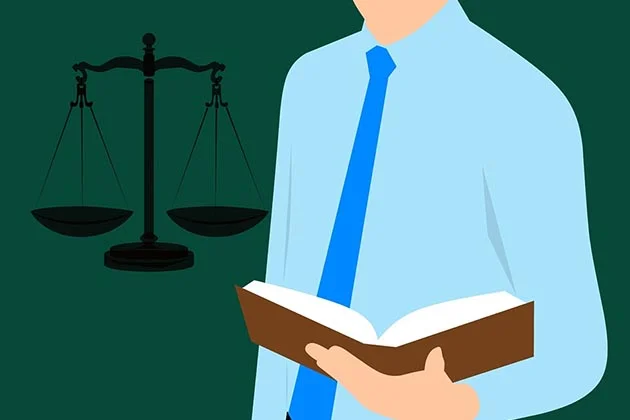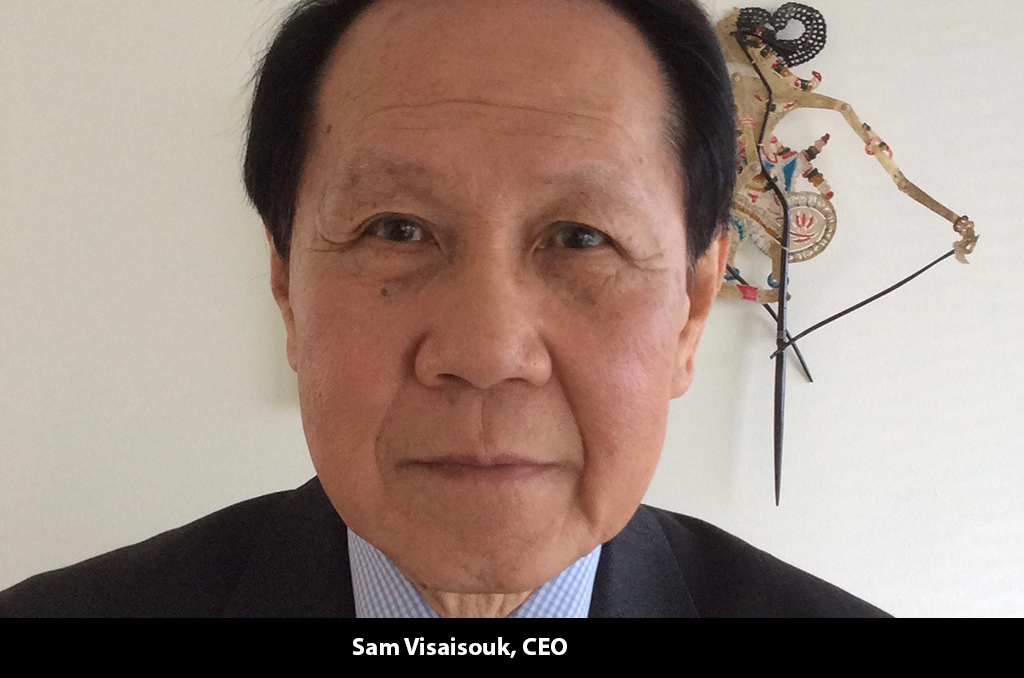Legal proceedings are never easy. When you’re in need of a legal remedy but don’t know where to turn, hiring a lawyer can seem like the best option for you – and it is! Motorcycle fatalities are on the rise, hire a motorcycle accident attorney for help. Lawyers will help you every step of the way as your case progresses towards its final result, whether that’s an acquittal or plea bargain. Choosing the right lawyer for your situation is important, but how do you go about that? There are some important factors to consider before hiring a lawyer for yourself.
1. Area Of Expertise
The first thing you need to consider when choosing a lawyer for your case is their area of expertise. There are a lot of fields of law, and as a Georgia workers’ comp attorney points out it’s important that the lawyer you choose has an established reputation as an advocate for people that are dealing with a situation similar to yours. The law can be categorized into three major groups – civil, criminal, and international law, however, they all have plenty of sub-categories. For instance, workers’ compensation would fall under the civil law subcategory, along with things like securities, antitrust, bankruptcy, and taxation which can all be considered separate fields in their own right. As for criminal law, the subcategories for this are numerous too. There are sexual offenses, homicide, traffic law… There are so many to list! If you’re facing a choice of lawyers, check with your state’s bar association or search for them online to find out about their specialty and how it might be relevant to your case.
2. Experience Level
Working with a lawyer takes trust. You’re putting your case in their hands so you need to be 100% certain that whatever choice they make is the one best suited for you. This goes hand-in-hand with what was mentioned above – if they don’t have experience it’s likely they won’t know how to take care of your case the way you deserve it to be taken care of. For instance, if you were in a car accident, you want to find a lawyer that has experience in dealing with insurance companies as well as substantial trial experience. In other words, you’ll need a lawyer with experience in your field of law and also someone who is highly qualified for the specific situation surrounding your case. If they’re not, there’s a chance that this could end up hurting your case instead of helping it. As a general rule, a lawyer should have about 5 years of experience in their field of law in order to be considered qualified.
3. Location Of Practice
The next thing you should look into is where your potential lawyers have been practicing law. This is because, while the federal law stays the same no matter where in the country you’re at, it can differ from state to state drastically. Perhaps the most obvious example of this is that in some states the harshest penalty you can get is life in prison, while the death sentence is an option elsewhere. Knowing where the law stands on a situation is important as it can be what makes or breaks your case, so finding a lawyer who has practiced in the state where you live will make sure they’re as up-to-date with local laws and regulations as possible. Of course, any lawyer will know something as extreme as whether the death penalty is an option in your state or not, however, they might not be aware of some simple procedural things like the statute of limitation, which is the number of years you have to file a lawsuit, and that could cost you your case.
When your case is taking place in another state than you’re in, it’s crucial to have legal representation that understands the complexities of multi-state legal matters. Finding a Golden State attorney for serving an out-of-state subpoena in California ensures that your documents are handled correctly and in compliance with local laws. Each state has its own rules regarding jurisdiction and service of process, so working with a knowledgeable lawyer prevents unnecessary delays or procedural errors. This is especially important for cases involving business disputes, family law matters, or witness testimonies that require cooperation across state lines.
4. Negotiation Style
When you and your attorney come to a settlement, it’s important that they negotiate in a way that is most suitable for your individual needs. If lawyers believe that fighting is the only option when it comes to handling their cases, this can result in an unfavorable outcome. It’s crucial that you find someone who will attempt to settle your case before going for a lawsuit, and who has enough experience in negotiation to be able to achieve such an outcome. For instance, there are some cases where the insurance companies you’re working with will not offer fair settlement so it’s important that your lawyer, especially infrastructure lawyers, knows how to usually respond when they refuse your first offer.
Hiring a lawyer isn’t as simple as pointing at someone and saying “You’re hired.” You must first check into their background, experience level, the location where they practice law, and most importantly – how they negotiate. If these aspects are in order you can rest assured that you’ve made the right choice when it comes to your future case.











